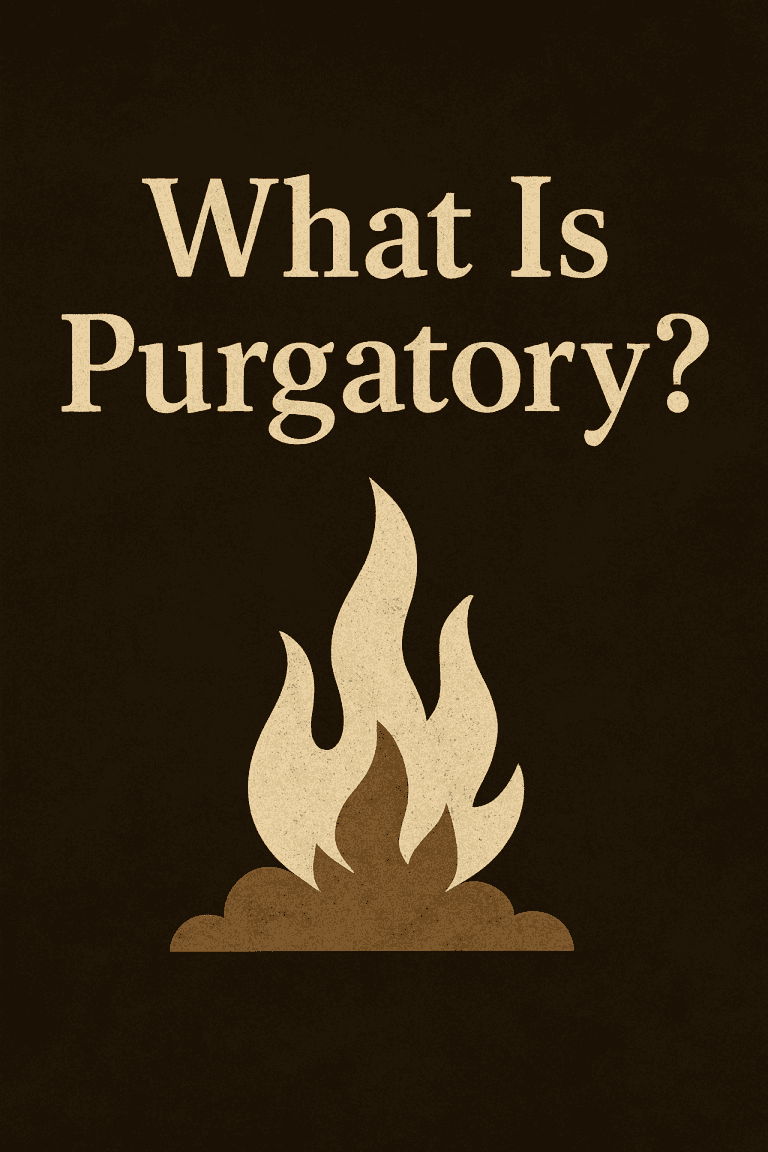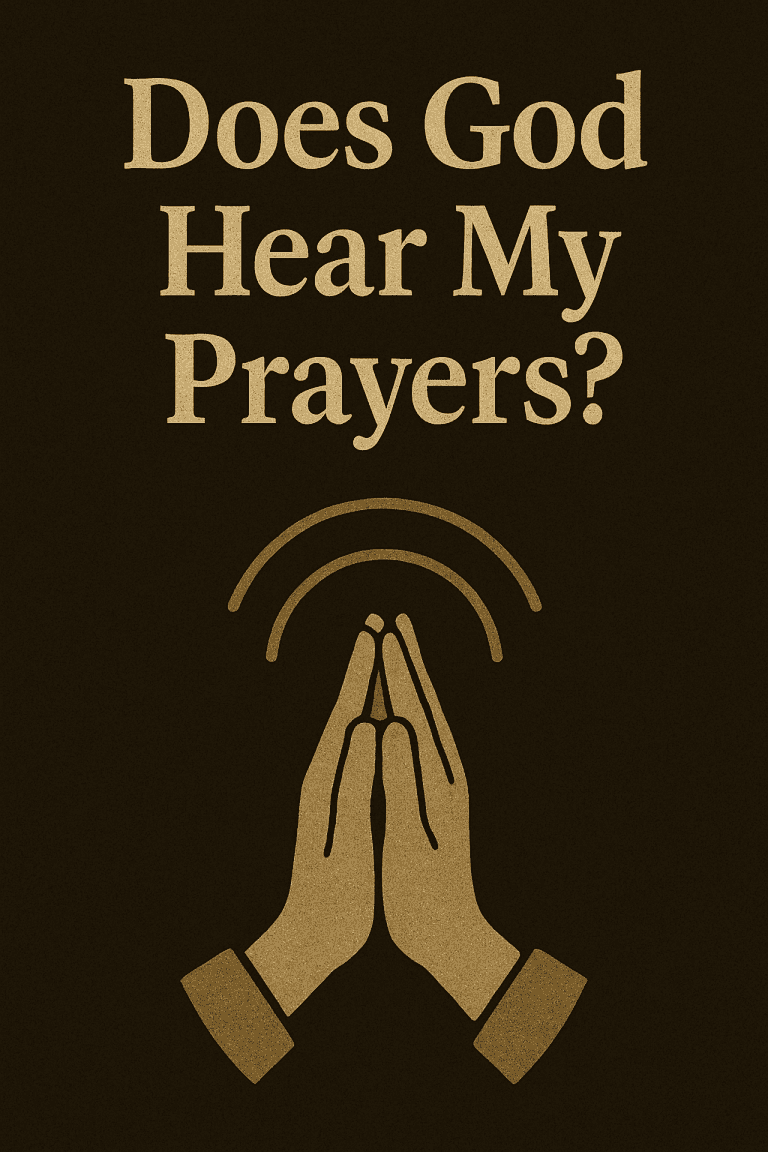Church Hurt Meaning: What the Term Really Means
People throw the phrase “church hurt” around like it explains everything. Someone left their congregation? “Church hurt.” A pastor gets called out online? “Church hurt.” Somebody’s mad at the worship style? Same label.
The problem is that the phrase gets used so loosely it’s starting to mean almost nothing. And yet, for people who’ve actually been wounded inside a church — betrayal, abuse, manipulation, rejection — the pain is real. The phrase sticks because it feels like the only quick way to name what happened. I’ve experienced it more than once. I’m writing from experience.

So what does “church hurt” really mean? Where did the idea come from, and what does the Bible say about it? And maybe the bigger question: if it’s more than just a buzzword, how do you move forward when it’s happened to you?
Let’s slow down and look at the meaning of church hurt with fresh eyes.
Defining Church Hurt (And Why the Term Matters)
At its simplest, church hurt means being wounded by people inside the church. It might be intentional. It might be careless. But it leaves a scar because it happened in the very place that was supposed to feel safe.
For some, it was:
- A pastor using their position for control instead of care.
- Gossip that spread faster than the truth.
- A congregation closing ranks when someone raised honest concerns.
- Being sidelined, silenced, or shamed when they were already vulnerable.
That’s the lived reality behind the phrase. And here’s why the definition matters: if we don’t name things clearly, we either dismiss real wounds as “overreactions” or excuse sin as “human imperfection.” Language gives people permission to deal with pain instead of stuffing it down.
What Church Hurt Is Not
Before we go further, it’s just as important to say what church hurt isn’t. Because the term gets watered down when we slap it on every bump in the road.
Church hurt is not:
- Conviction of sin. Feeling uneasy because Scripture confronted you? That’s the Spirit, not a wound.
- Style and preference clashes. The songs were too loud. The service was too long. The preacher wore sneakers. Annoying? Maybe. Damaging? Not necessarily.
- Every conflict. Humans disagree. That doesn’t automatically equal betrayal or abuse.
Drawing these lines matters. If everything counts as church hurt, nothing does.
The Biblical Language of Hurt
Here’s where it gets interesting. The Bible doesn’t use the phrase “church hurt,” but it does use words that orbit the same space.
- Skandalon (σκάνδαλον): Often translated as “stumbling block” or “offense.” It’s where we get the word “scandal.” Jesus warned about those who cause His people to stumble (Matt. 18:6–7). That’s spiritual injury. Paul also used it when describing how unloving behavior inside the church could cause weaker believers to fall (Rom. 14:13; 1 Cor. 8:9). The picture is vivid: something placed in the path that trips a brother or sister in faith.
- Adikia (ἀδικία): Injustice or wrongdoing. Paul warns believers not to wrong or defraud each other (1 Cor. 6:8). The term covers all kinds of unrighteous acts that damage community trust.
- Ponēria (πονηρία): Malice or wickedness. When evil motives work their way into fellowship, people get hurt. Paul often pairs this word with deceit and hypocrisy, showing how sin inside the body corrodes relationships (Eph. 6:12).
- Paraptōma (παράπτωμα): Trespass or offense. Paul uses this when calling believers to forgive each other (Eph. 4:32; Col. 3:13). The assumption behind the command is telling — hurt will happen inside the church. Forgiveness isn’t optional because wounds are inevitable.
The point? Scripture already has categories for what we call “church hurt.” It names sin inside the covenant people of God, and it doesn’t sugarcoat the damage it does.
Examples of Church Hurt in the Bible

If you think “church hurt” is a modern invention, take another look at Scripture. The Bible is full of people who were wounded from within.
- Joseph — betrayed and sold by his own brothers (Gen. 37). The ones who should have protected him profited from his pain. Years later, Joseph chose forgiveness over revenge, telling his brothers, “You meant evil against me, but God meant it for good” (Gen. 50:20). His story shows that wounds inside God’s people can still be used by God for redemption.
- Moses — constantly opposed and grumbled against by Israel (Num. 14). He bore the weight of leadership, only to have the people question his motives and wish they were back in Egypt. His endurance under that constant pushback is a case study in perseverance.
- Hannah — mocked by her rival, misunderstood by her priest (1 Sam. 1). Instead of being supported in her grief, she was taunted and dismissed. Her prayers, however, reveal that even misunderstood pain can be entrusted to God.
- David — pursued by Saul out of jealousy, even while serving him faithfully (1 Sam. 18–24). Twice David spared Saul’s life, refusing to retaliate even when given the chance. That restraint offers a model for resisting bitterness.
- Jeremiah — beaten and mocked by priests and prophets who should have stood with him (Jer. 20). His laments show us what it means to bring raw hurt honestly before God.
- Jesus — rejected by the religious leaders of His day, betrayed by Judas, deserted by His disciples. If anyone knows what it is to be wounded by God’s people, it’s Him.
- Paul — abandoned by co-workers, slandered by false teachers, harmed by those inside the church (2 Tim. 4:10, 14–16). His letters show both the reality of pain and his continued commitment to the mission of Christ.
These aren’t just “bad days.” They’re wounds inflicted inside God’s own community. Which makes them all the heavier.
Why Church Hurt Hits So Hard
Being hurt by a stranger is one thing. Being hurt by family is another. And the church is supposed to be family.
That’s why church hurt cuts deep. It’s not just the offense itself — it’s the collapse of trust. When the place you thought would be safe turns out not to be, the betrayal is doubled.
Add to that the spiritual weight:
- People connect God with His people. If His people wound you, you start wondering if God Himself is safe.
- Leaders represent authority. When they fail, it can shake your ability to trust authority at all.
- The church is meant to reflect Christ’s love. When it doesn’t, it distorts His image in your eyes.
That’s why this isn’t just “hurt feelings.” It’s why people leave not just congregations but faith altogether.
Why Church Hurt Seems So Common Today
It’s fair to ask: is church hurt actually more common now, or are we just more aware of it? The answer is probably both.
A few factors feed into the modern experience:
- Celebrity leadership culture. When pastors become mini-celebrities, failures ripple through congregations like earthquakes.
- Consumer expectations. People treat church like a product — if it disappoints, they feel wronged and walk away.
- Lack of accountability. In some circles, leaders operate without meaningful oversight. Abuse festers when no one asks hard questions.
- Digital megaphone. Social media amplifies every wound. Stories of hurt spread faster than stories of quiet faithfulness.
The pain itself isn’t new. But the ways it’s surfaced and spread have changed.
What Clear Definitions Protect Us From
Spending this much time on the meaning of “church hurt” might feel academic. But clarity does something important.
- It protects against minimization. Leaders can’t wave away real wounds if the term is well-defined.
- It protects against exaggeration. Not every frustration qualifies, which prevents the term from being weaponized.
- It protects against confusion. Drawing a line between ordinary conflict, church hurt, and spiritual abuse helps people know what they’re actually facing.
A clear definition doesn’t heal the wound by itself. But it sets the table for honest conversation and meaningful care.
How the Phrase Gets Misused
Of course, not every use of “church hurt” is accurate. Sometimes the phrase is stretched until it becomes unhelpful.
Ways the phrase gets misused:
- As a shield: “I was corrected, therefore I’m hurt.” (When really it was accountability.)
- As a weapon: “That sermon hurt me.” (When really it was biblical truth cutting close to home.)
- As a smokescreen: “I’m leaving because of church hurt.” (When really it was unresolved conflict or personal choice.)
Calling everything “church hurt” can actually weaken the term. It dilutes compassion for those with real wounds.
Church Hurt vs. Spiritual Abuse
Here’s where the conversation gets even messier. People often confuse church hurt with spiritual abuse. They overlap, but they’re not identical.
- Church hurt can be broad — any wounding inside the church.
- Spiritual abuse is more specific — when authority is misused to control, manipulate, or exploit.
For example:
- Gossip in the pews? Church hurt.
- A pastor twisting Scripture to silence dissent? Spiritual abuse.
Making the distinction matters because the path to healing looks different. Not all wounds are abuse, but all need the light of Christ and the comfort of His Word.
FAQs About Church Hurt
People searching “church hurt meaning” often have follow-up questions. Let’s hit the big ones head-on.
Is church hurt the same as hypocrisy?
Not exactly. Hypocrisy can cause church hurt, but church hurt covers a wider field — from gossip to betrayal to outright abuse.
Does leaving the church always mean someone’s been hurt?
No. Some people drift out for convenience or disinterest. But many who leave do so because of wounds that weren’t addressed or healed.
Can you heal without going back?
Yes — healing isn’t limited to a specific building. But the Bible still calls believers to community, so the goal is always restoration, even if it means finding a healthier congregation.
Should we even use the phrase “church hurt”?
There’s debate here. Some say it’s too vague. Others find it gives language for real pain. The key is not the phrase itself, but whether it helps people move toward Christ instead of away from Him.
Moving From Meaning to Healing
Defining church hurt is step one. But if you stop at definition, all you’ve got is a label for your pain. The next step is healing — and that’s where Scripture leads us.
From psalms of lament to Paul’s words about forgiveness and comfort, the Bible is full of resources for people carrying wounds from God’s people.
Final Thoughts
Church hurt isn’t just a trendy phrase. It names the heavy reality of being wounded inside the community that should have been safe. The Bible doesn’t hide from that reality. It shows us people who endured it — and a God who redeems even broken stories.
Getting clear on the meaning matters because it gives you language. It helps separate conviction from betrayal, conflict from abuse, preference from pain. And once you see it clearly, you’re in a better place to heal, forgive, and rebuild.
Church hurt is real. But so is hope. And the story doesn’t end with the wound.
Walt Roderick is a Christian writer who cares more about biblical clarity than online applause. He writes to strengthen believers and confront spiritual drift.






